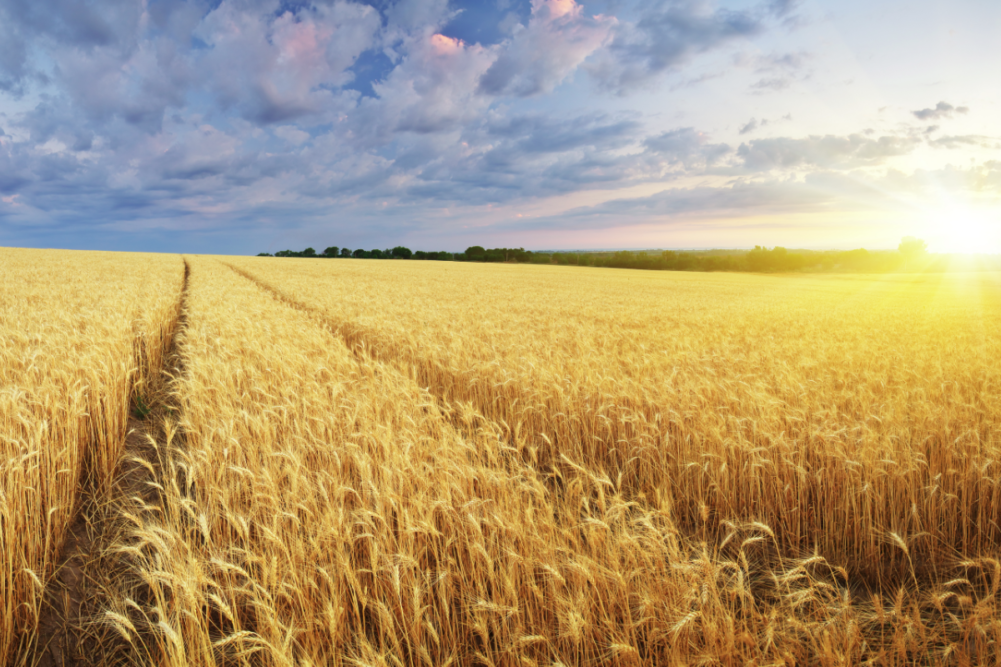BERLIN, GERMANY — At this week’s G20 Meeting of the Agricultural Chief Scientists (MACS-G20), Wheat Initiative participants stressed the importance of scientific research that is based on internationally consistent regulation.
Representing the Wheat Initiative during the meeting were Peter Langridge, chair of the scientific board, and Teresa Saavedra, program manager.
They noted that a major focus of the recent Wheat Initiative activities has been wheat genetic improvement combined with agronomic interventions to address crop adaptability and reduced reliance on external inputs of fertilizers, pesticides and irrigation water.
Langridge said researchers in both the public and private sector recognize the importance of a strong science-based regulatory framework, which recognizes the long and safe deployment of diverse technologies for wheat improvement.
He said it should also ensure that “regulation is science-based and addresses quantifiable risks and hazards, aims for regulatory consistency across jurisdictions, and recognizes that we will gain experience and information from the use and deployment of new breeding technologies, and the regulatory framework should have sufficient flexibility to adapt in response to new information on risks.”
Wheat was selected for a specific initiative due to its critical role in global food security since it accounts for 20% of protein and 20% of the carbohydrates in the diets of 2.5 billion people. However, evolving transboundary pest and diseases and the impacts of climate change threaten global wheat production, with multiple studies consistently indicating a 7% decline in yield for every degree increase in temperature.
The Wheat Initiative was launched at the 2011 G20 meeting in Italy.






